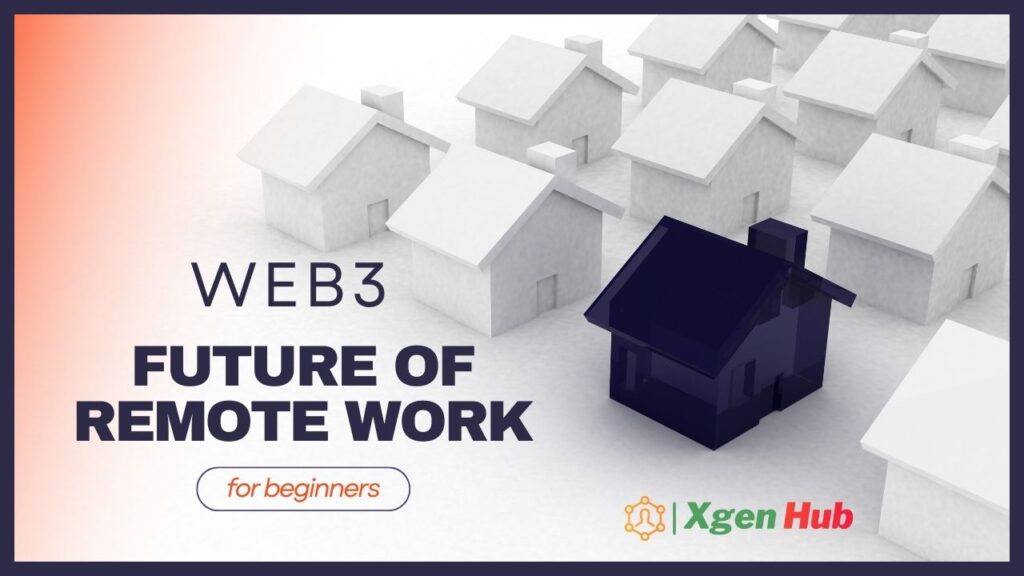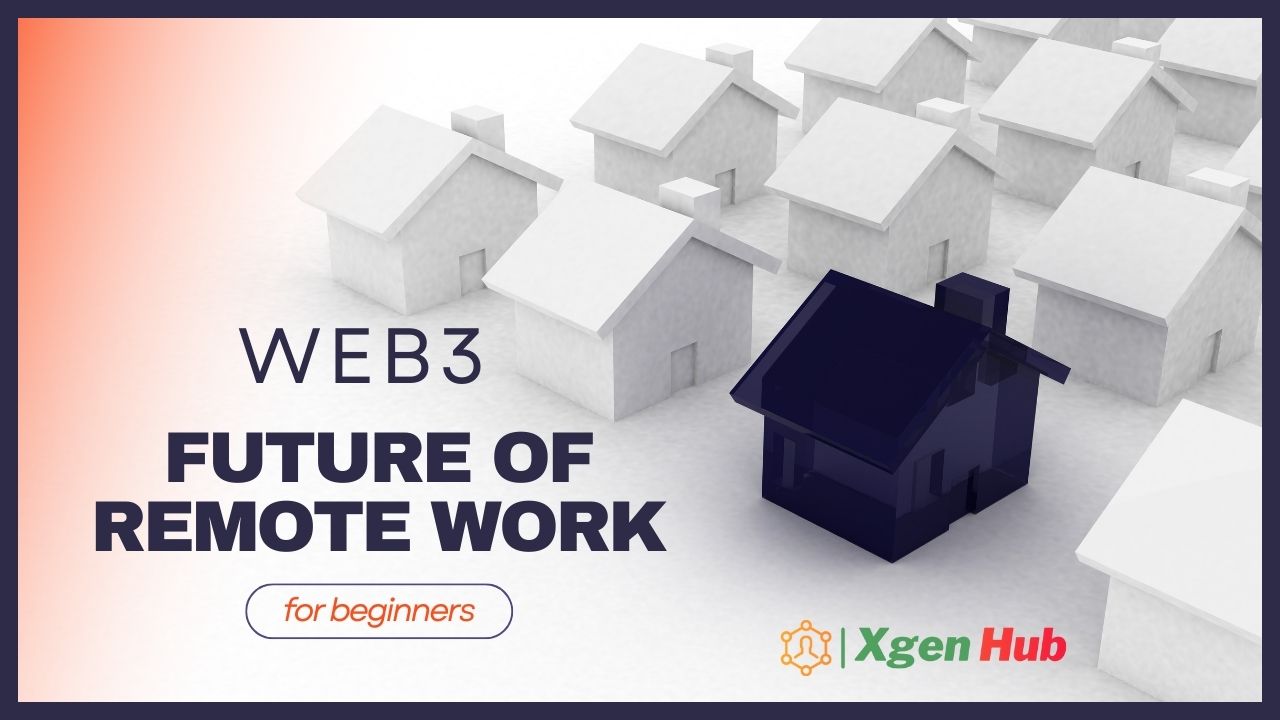Hey I’m Inzamul, Welcome to my article today I am going to breakdown Web3 and the Future of Remote Work
As the world continues to adapt to the digital age, the concept of remote work has transformed from a novel idea to a mainstream reality. However, as technology evolves, so too does the way we work. Enter Web3, the next phase of the internet’s evolution, promising decentralization, transparency, and enhanced user control. In this article, we delve into the intersection of Web3 and remote work, exploring the potential impacts, challenges, and opportunities it presents for individuals and businesses alike.
Want to fire your boss? Take control of your Online income & get Started Today.

Understanding Web3:
Want to fire your boss? Take control of your Online income & get Started Today.
Web3 represents a paradigm shift from the current centralized model of the internet to a decentralized ecosystem powered by blockchain technology. Unlike Web 2.0, where users rely heavily on intermediaries like social media platforms and cloud services, Web3 aims to empower users by giving them greater ownership and control over their data and online interactions. This shift towards decentralization has profound implications for various industries, including remote work.
Enhanced Security and Privacy:
One of the key benefits of Web3 for remote work is enhanced security and privacy. Traditional remote work setups often rely on centralized platforms and servers, leaving sensitive data vulnerable to hacking and unauthorized access. With Web3, data is encrypted and stored on decentralized networks, reducing the risk of data breaches and ensuring greater privacy for remote workers.
Smart Contracts and Decentralized Autonomous Organizations (DAOs):
Want to fire your boss? Take control of your Online income & get Started Today.
Web3 introduces the concept of smart contracts, self-executing contracts with the terms of the agreement directly written into code. These smart contracts have the potential to streamline various aspects of remote work, such as payment processing, contract management, and dispute resolution. Additionally, decentralized autonomous organizations (DAOs) enable remote teams to collaborate and make decisions in a transparent and decentralized manner, eliminating the need for traditional hierarchical structures.
Tokenization of Work:
Another intriguing aspect of Web3 is the tokenization of work, where individuals are rewarded with digital tokens for their contributions to decentralized networks or projects. This tokenization has the potential to revolutionize the way remote work is compensated, providing workers with direct financial incentives based on their performance and contributions.
Challenges and Considerations:
Want to fire your boss? Take control of your Online income & get Started Today.
Despite its potential benefits, Web3 and remote work also present several challenges and considerations. One major concern is the scalability and usability of decentralized platforms, which are still in the early stages of development. Additionally, the regulatory landscape surrounding Web3 technologies remains uncertain, raising questions about legal compliance and accountability.
Integration with Existing Tools and Platforms:
For businesses and remote workers looking to embrace Web3, integration with existing tools and platforms will be crucial. Seamless integration with popular collaboration tools, project management software, and communication platforms will ensure a smooth transition to decentralized workflows while maximizing productivity and efficiency.
Education and Skill Development:
As Web3 continues to gain traction, there will be a growing demand for individuals with expertise in blockchain technology, smart contracts, and decentralized applications (DApps). Investing in education and skill development will be essential for remote workers looking to stay relevant in an increasingly decentralized economy.
Conclusion:
Want to fire your boss? Take control of your Online income & get Started Today.
The intersection of Web3 and remote work represents a new frontier in the evolution of the digital workplace. By leveraging decentralized technologies like blockchain and smart contracts, remote workers and businesses can unlock new opportunities for collaboration, innovation, and value creation. However, realizing the full potential of Web3 will require overcoming various challenges and embracing a mindset of continuous learning and adaptation.
Thanks for read my article, Web3 and the Future of Remote Work
